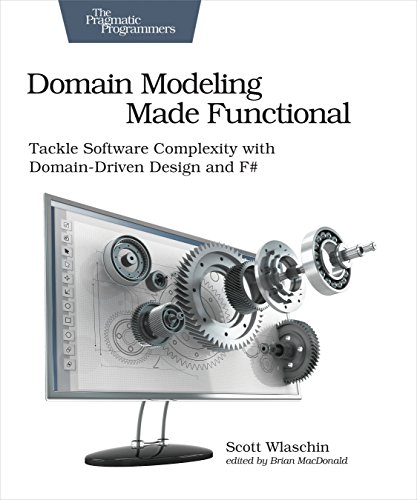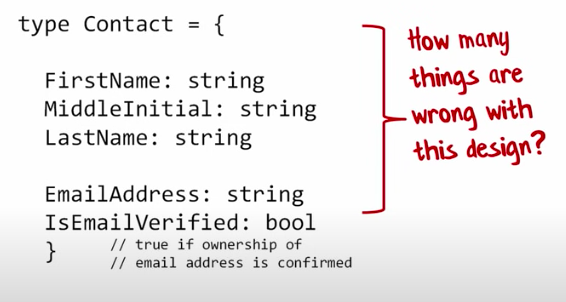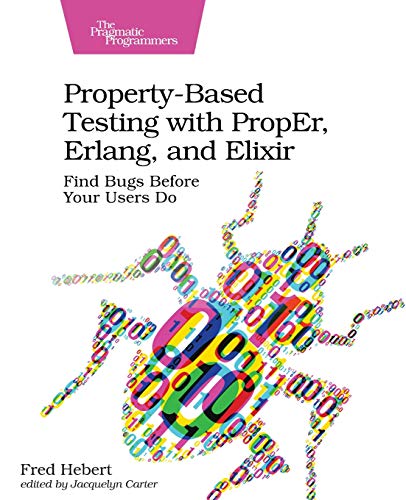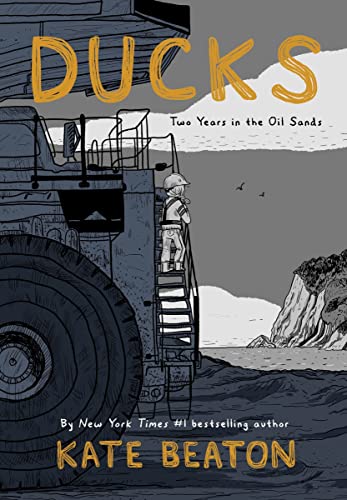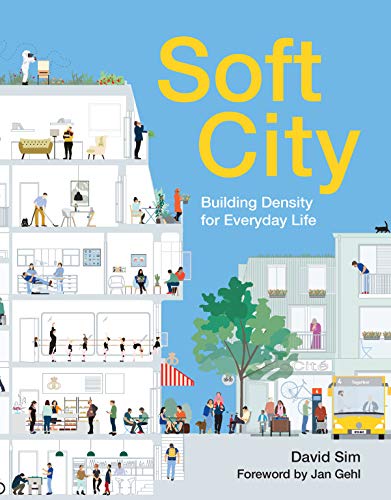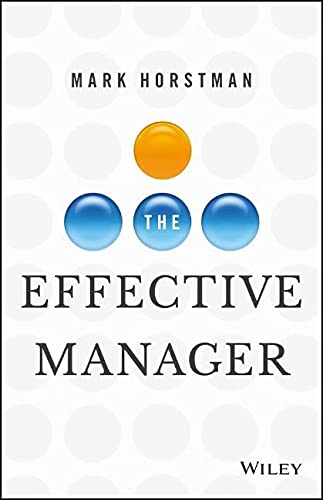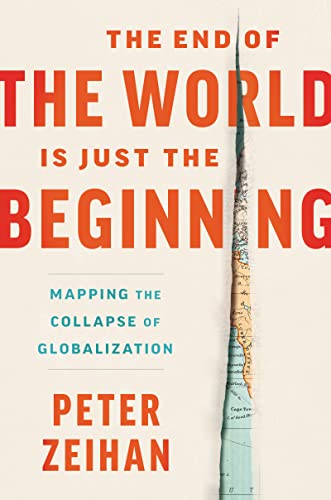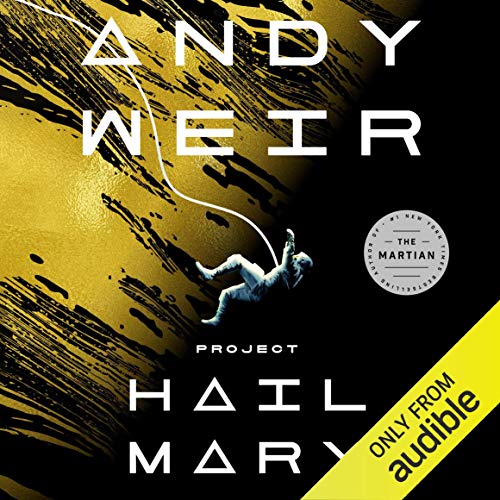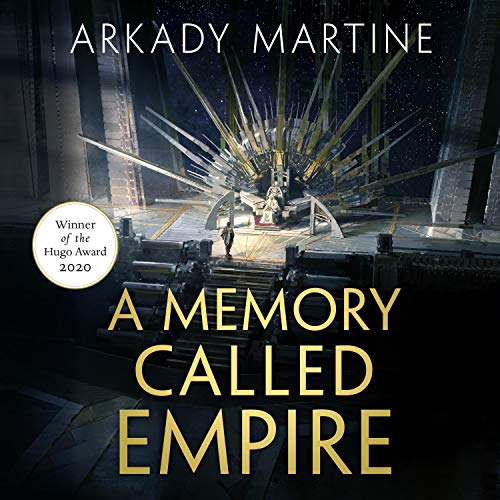The Best Books I Read in 2022
I have read many books in 2022; let’s forget most and talk about the good ones.
There is no particular order, but I broke down my recommendations by categories: technical, non-fiction and fiction.
This is a yearly tradition! You can read my book reviews from previous years:
2015 2016 2017 2018 2019 2020 and 2021.
Technical
Domain Modeling Made Functional
If you wanted to learn how to do object-oriented design, there are many books out there (though none that I can recommend; that’s a different topic). However, when it comes to functional programmning, where do you even start?
This book exceeded my expectations:
- it’s easy to read
- it’s practical
- it covers functional architecture
- it dives deep on types
I had already heard about the book before. Then I stumbled on this fantastic video from the author:
I love this slide:
(spoiler: so many things…)
I’ve heard some people complain about F#, but I didn’t think it was a big problem.
I only wish Scott Wlaschin would write more books, so that I could read those too…
Property-Based Testing with PropEr, Erlang, and Elixir
The premise of property-based testing is intriguing: writing less tests but getting better coverage.
It forces you to think about your functions; what are the properties of a sorting function?
- obviously: output is sorted (need another function to check
is_sorted?) - output list same length as input list
- output contains only elements from the input
- duplicates sorting is stable? (depending on your requirements)
Currently, it’s the only book that covers the topic; your alternatives might be blog posts and documentation pages. And though this book covers Erlang/Elixir, its lessons are broadly applicable to other languages and frameworks.
At a high level, it generates random inputs – albeit meaningful ones, this isn’t fuzzing – and explores the problem space automatically. Meanwhile, example-based testing often depends on hardcoded values, which makes me wonder “does this value mean something?”. And if it doesn’t, it might be better to generate one (e.g. faker).
Property-based testing is perfect for functional code, but it’s useful for stateful properties too (it’s covered later in the book). Imagine generating random “scenarios” from list of actions your users might perform. Check out David Nolen’s The Power of Toys to get a better idea.
In the end, it’s not right for every project and you need to consider your team/audience. But even when I don’t use property-based testing, it’s changed the way I test: I write more parametrized tests and try to randomize all the things that aren’t supposed to matter.
Non-Fiction
Ducks
I didn’t know much about this book before I started reading it. I already knew the author from her previous work, and the early recommendations closed the deal.
This is a weird book to describe: it’s a graphic novel, it’s autobiographical and has a flavor of slice of life. It is as the alternate title says: “Two Years in the Oil Sands”.
It is at times funny … but it’s mostly sad. It touches a variety of societal problems in a deeply personal way. It is a kind of documentary, without an obvious agenda. It is more demanding: it shows you and asks you to reach your own conclusions.
It takes you on a journey. At some point, towards the end, I felt different.
Thank you for this book, Kate.
(Disclaimer: without going into details, bad things happen in Alberta.)
Soft City
I found this book on Jonathan New’s blog. It sounded like something I would enjoy reading. (Thanks Jon!)
Soft City is filled with beautiful images; it’s pornography for people who love urbanism. Everyday, for the month I spent reading it, it was something that I looked forward to.
Depending on where you live, what is described in this book is normal … or pure fantasy. It covers a lot of the same ground that Not Just Bikes does.
A “soft” city is:
- human scale
- comfortable
- walkable
- multifunctional
The opposite is probably … a suburb: a place where the next thing you want to do starts with a car ride. If you’ve been to Europe or Japan, you already know that there are other ways to live.
The Effective Manager
No, I am not a manager.
But I stumbled on a hacker news thread about “Which books do you consider real gems in your field of work/study?” The reviews were glowing.
All the things that no one says or tells about management and communication.
Right in the introduction, I was struck by:
Hundreds, if not thousands, of managers describe their “training” this way: I got promoted, and they didn’t tell me anything about what I was supposed to do or how I was supposed to do it.
I know many people who went through this exact experience; with various results…
The book asks “What is the definition of a good manager?” And tells you all the wrong answers first 😄 (no, I didn’t guess correctly either…)
You’ll be guided through the 2 real responsibilities of managers. Then you’ll be explained the 4 critical behaviors and, specifically, HOW to apply them to your team.
There’s more good news:
- it’s a thin book, around 200 pages
- it’s “front loaded”, the book starts with the most important content
- it’s no-nonsense; straight talk for people who want it
Even if you’re not a manager, it gives you better soft skills and better tools to cooperate with your teammates.
The End of the World Is Just the Beginning
(Thanks to Grof for this recommendation!)
In many ways, this book defined my 2022. I devoured it; then I read Zeihan’s 3 other books. I subscribed to his YouTube channel. I couldn’t get enough.
This book so changed how I think about the world that I can barely discuss the news without bringing up Zeihan or his books.
As a child of an unprecedented era of prosperity (and relative peace), I never really thought that not all countries have everything they need to succeed (or even survive).
This book gave me enough context to understand geopolitics:
- where countries are (it matters!)
- what good and bad things they have going for them
- how these things affect their destiny, their options, and their relationship with other countries
So many things suddenly made sense!
The writing is fresh and funny. I think his last book is the best of the bunch. If you’re not convinced, try his YouTube channel first.
Fiction
Project Hail Mary
This is … a flawed book. 😬
I found the characters simple. I found the dialogues unrealistic. I found all kind of “side trips” that an editor might have wanted to cut.
Also, in many ways, it’s a repeat of The Martian:
- single guy stranded in space
- going to science the shit out of every problems
And I have read Artemis and thought it was nothing special.
But …….. despite all this, it passes the most important test: I wanted to keep reading and find out what was going to happen next.
Now that I’ve adjusted your expectations, I think you’ll be able to enjoy this book too.
A Memory Called Empire
This book kept popping up on Audible and I became curious. But some of the criticism was harsh and it’s been a challenge to decide which reviews to take seriously and which to ignore.
In the end, it didn’t hurt that it won the 2020 Hugo award for best novel.
Who knew that I would find a political thriller delightful? I loved listening to intelligent conversations: everything that was said, and everything that wasn’t…
It starts as a murder mystery (kind of) but goes in different directions. You’re the outsider and there’s a lot to learn: the city, the empire, the players and the stakes. Things happen fast and there’s always something else coming.
I found the ending bittersweet. And I found the sequel, A Desolation Called Peace, good but … smaller too. It’s hard to explain. (maybe it closed too many story lines? 🤔)
This might not be for everyone, but it worked for me.
Closing Thoughts
If you have liked this blog post, please write your own. I would love to read your book reviews and recommendations.
